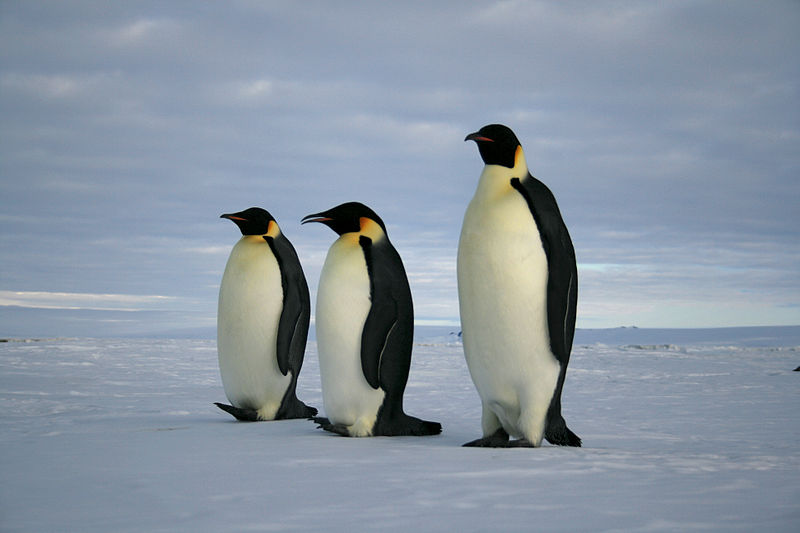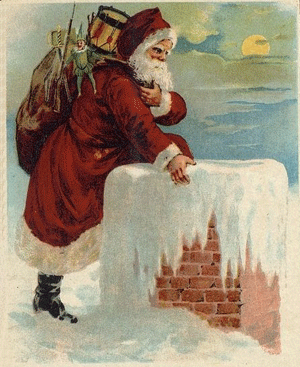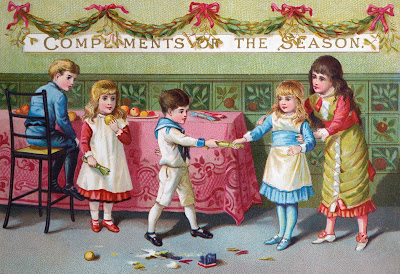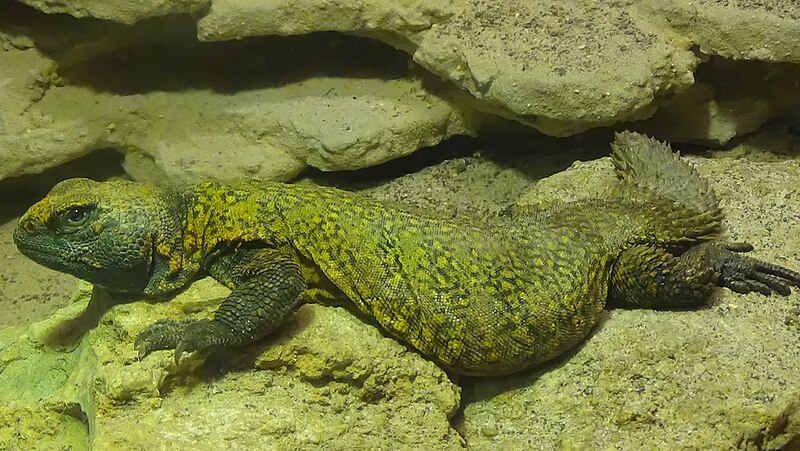At the time of writing that wasn't enough to buy anything, being about a hundredth of a US cent. Still, that doesn't matter, much, because you can't actually buy things with Bitcoin: not many things, anyway.
In fact a satoshi is really more like a grain of gold dust than money, in that it's valuable without being an awful lot of use. The difference is that a satoshi is a special kind of invisible, intangible gold dust...
...hmm...
Am I the only one who feels as if we've entered an Age of Fairy Tales?
Because I have an odd feeling that midnight might be about to strike.

illustration by G P Jacomb Hood.
Word Not To Use Today: satoshi. Satoshi Nakamoto is the pseudonym of the person who invented Bitcoin. He has claimed to be Japanese, is widely suspected of being American, but uses British English. This month his wealth in Bitcoin might have made him the 44th richest person on the planet.


























